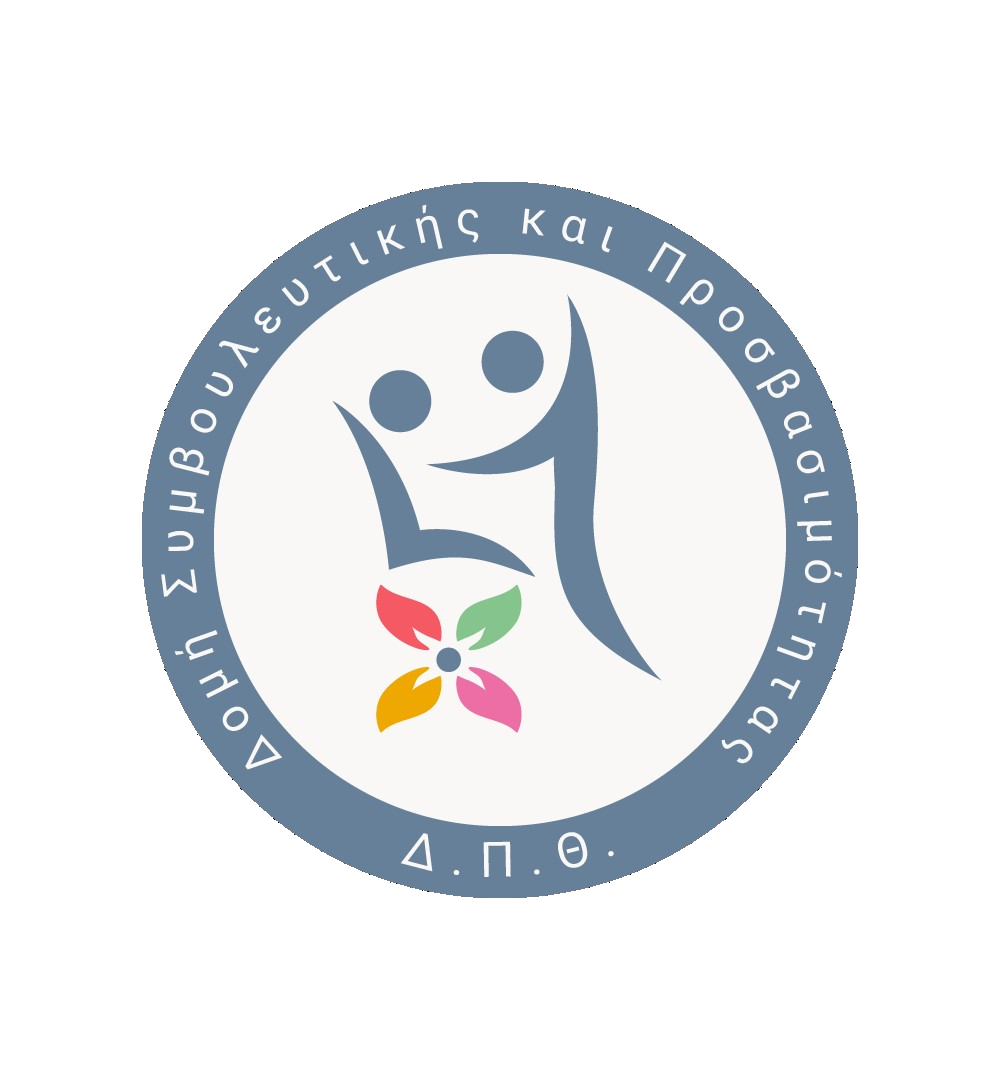Learning Disabilities is an umbrella clinical term that refers to the varying degrees of difficulty in language, reading, writing and arithmetic, provided that these difficulties are not caused by mental retardation or other aggravating factors. The term includes a heterogeneous group of disorders, such as dyslexia, dyslexia, dysgraphia, dyscalculia, dysanagnosia, and dysorthographia, that have specific clinical patterns and can be manifested throughout the life of the individual.
The person with learning disabilities enters Higher Education having gone through a long educational trajectory. He/she has already faced challenges and difficulties that concern not only one’s educational skills but also different areas of a person’s psychosocial and social development. In the best of cases the learning disability has been identified from a very early age and all the necessary actions have been taken to enable the person that faces this difficulty to respond more fully to the educational process. However, for many people with learning disabilities, early diagnosis has not been made resulting in absence of punctual interventions that might limited the negative effects of such difficulties in the development of learning, personal and social skills.


